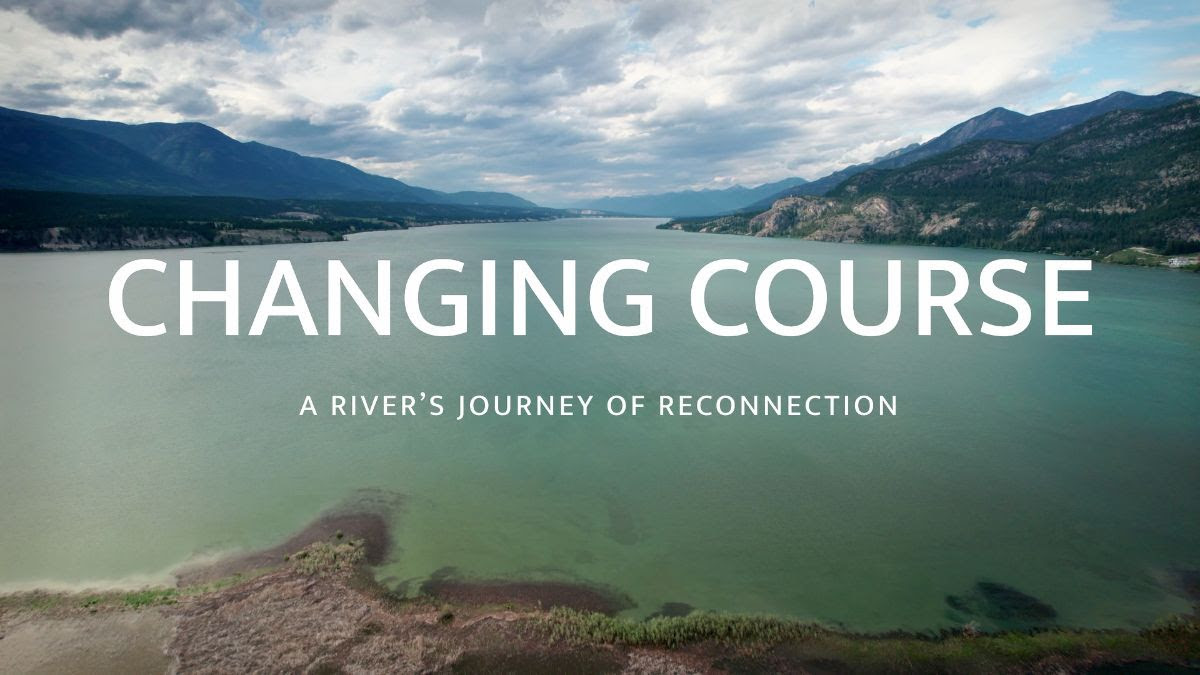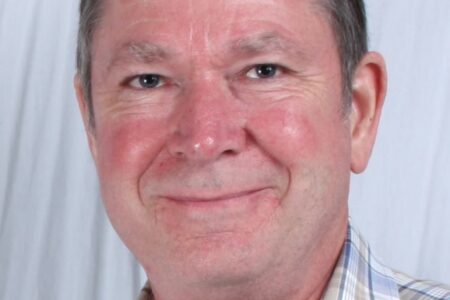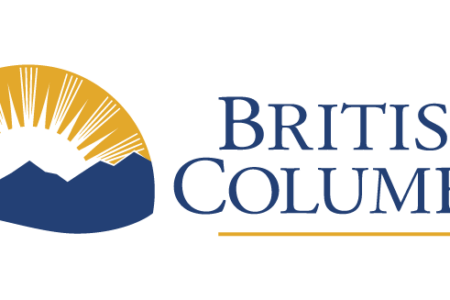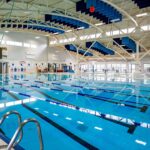FILM: "Changing Course" - the Columbia River
BC is getting drier. Drought and wildfires loom nearly every summer now. Agriculture is becoming more challenging as climate-change related weather extremes increase in frequency.
To learn about the POLIS Project on ecological governance, and the POLIS Water Sustainability Project, click on this link:
https://poliswaterproject.org/about/
And then, watch the film — link below. Here’s what POLIS says about it:
 |
|
|
On March 21st, we co-hosted the premiere of the new film Changing Course: A River’s Journey of Reconnection (2024) to celebrate World Water Day. Today, we’re sending you two videos, so you can enjoy the full experience of the event. Please scroll down to watch the full documentary film and the recording of our post-film dialogue with our special guest speakers. Enjoy! |
|
 |
|
|
|
|
The 2000-kilometre Columbia River flows through the heart of the Pacific Northwest, beginning its journey in British Columbia’s Rocky Mountains and emptying into the Pacific Ocean in Oregon. This transboundary river is critically important for its cultural, social, economic, and ecological values. Telling the story of this majestic river, Changing Course offers a deep sense of the importance of freshwater management—and the complexities added when a river flows across human-defined borders. The film explores the degradation of what was once one of the most productive salmon rivers in the world. It looks at the dams and storages that eliminated wild salmon from the main stem of the river in Canada, and how this loss cut the heart out of Indigenous culture throughout the basin. The film also touches on the Columbia River Treaty, which came into force between Canada and the United States in 1964. At the time, it had a very narrow focus on flood control and hydropower. Sixty years later, however, new thinking is needed to ensure a sustainable future for this important river. In Changing Course, leading voices from Indigenous and non-Indigenous communities eloquently express the need for new approaches to water management and governance that are more connected to nature, account for climate change, and meaningfully include First Nations leadership. |
|
 |
|
|
|
 |
|
|
After the film, Laura Brandes (Communications Director, POLIS Project) hosted a conversation with special guests Greg Utzig (Conservation Ecologist & Technical Advisor, Upper Columbia Basin Environmental Collaborative), Larry George (Director of Lulumexun—Lands & Self-Governance, Cowichan Tribes), and Katrina Adams (Senior Aquatic Biologist, Peninsula Streams & Shorelines). |
|
 |
|
ABOUT THE SPEAKERS |
|
 |
|
Greg Utzig is a registered professional agrologist and conservation ecologist with over 45 years of experience in the Canadian Columbia Basin. He initiated the ecosystem classification for Southeastern B.C., and has co-authored three reports on the ecological impacts of the dams in the region, as well as a report on alternative management of the Arrow Reservoir for restoration of riparian habitats. He is presently working with First Nations and the provincial and federal governments on providing recommendations to the Canadian Columbia River Treaty negotiating team around improving ecosystem function in the Columbia Basin. He is also a technical advisor to the Upper Columbia Basin Environmental Collaborative and a member of the Columbia Basin Regional Advisory Committee. Larry George is a member of Cowichan Tribes and has served as the Director of Lulumexun (Lands & Self-Governance) for Cowichan Tribes for 20 years. Larry has been involved in extensive watershed and fisheries partnerships and initiatives, including sitting at the government-to-government table for the Xwulqw’selu Watershed Sustainability Plan process and as a member of various organizations that protect our resources (including the First Nations Fisheries Council, Qul-lhanumutsun Aquatic Resources Society, and Fraser Salmon Management Council). Katrina Adams is a registered professional biologist and the senior aquatic biologist at Peninsula Streams & Shorelines (PSS), a non-profit organization dedicated to watershed conservation in Greater Victoria. At PSS, Katrina’s primary focus is stream restoration and working towards revitalizing urban ecosystems to improve habitat for salmon and other wildlife through community-driven restoration and stewardship. Another important aspect to Katrina’s work is fostering partnerships with First Nations, all levels of government, and other local organizations to collectively contribute to the restoration and preservation of aquatic habitats and the enhancement of our urban watersheds. |
|||||||||||||||
 |
|||||||||||||||
THANK YOU! |
|||||||||||||||
|
The entire POLIS team extends a huge thank you to the approximately 100 folks who joined us in person on the University of Victoria campus and the 335 individuals who registered to watch the event online. **Those who attended in person had the opportunity to connect with the panellists after the event if they had additional questions. If you attended online and would like to connect with any of the speakers, please reach out to Laura Brandes at POLIS.** We also thank everyone who helped make our World Water Day networking event a success, with representatives from Creatively United, UVic Sustainability Project, UVic Environmental Law Centre, Borders in Globalization Project, Peninsula Streams & Shorelines, Cowichan Watershed Board, Xwulqw’selu Watershed Planning initiative, Xwulqw’selu Connections Research Lab, CIFAL Victoria, POLIS, and UVic’s Centre for Global Studies. And we thank all the event partners and co-hosts, as well as our ongoing sponsors. |
|||||||||||||||
 |
|||||||||||||||
EVENT PRESENTED BY |
|||||||||||||||
 |
|||||||||||||||
|
|||||||||||||||
|
|||||||||||||||
|
|||||||||||||||||||||||||||||||||





























Comments